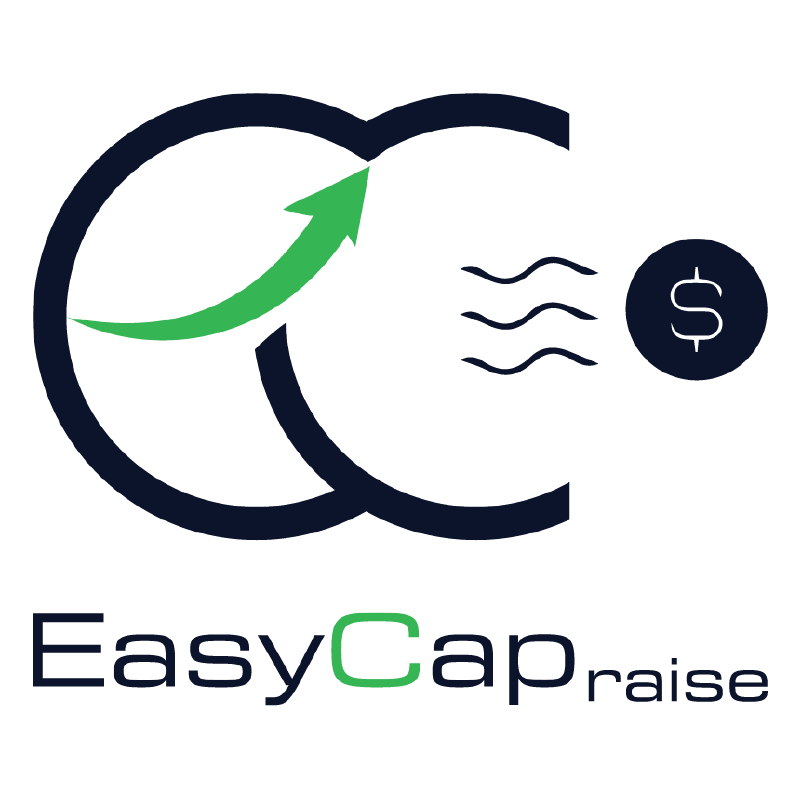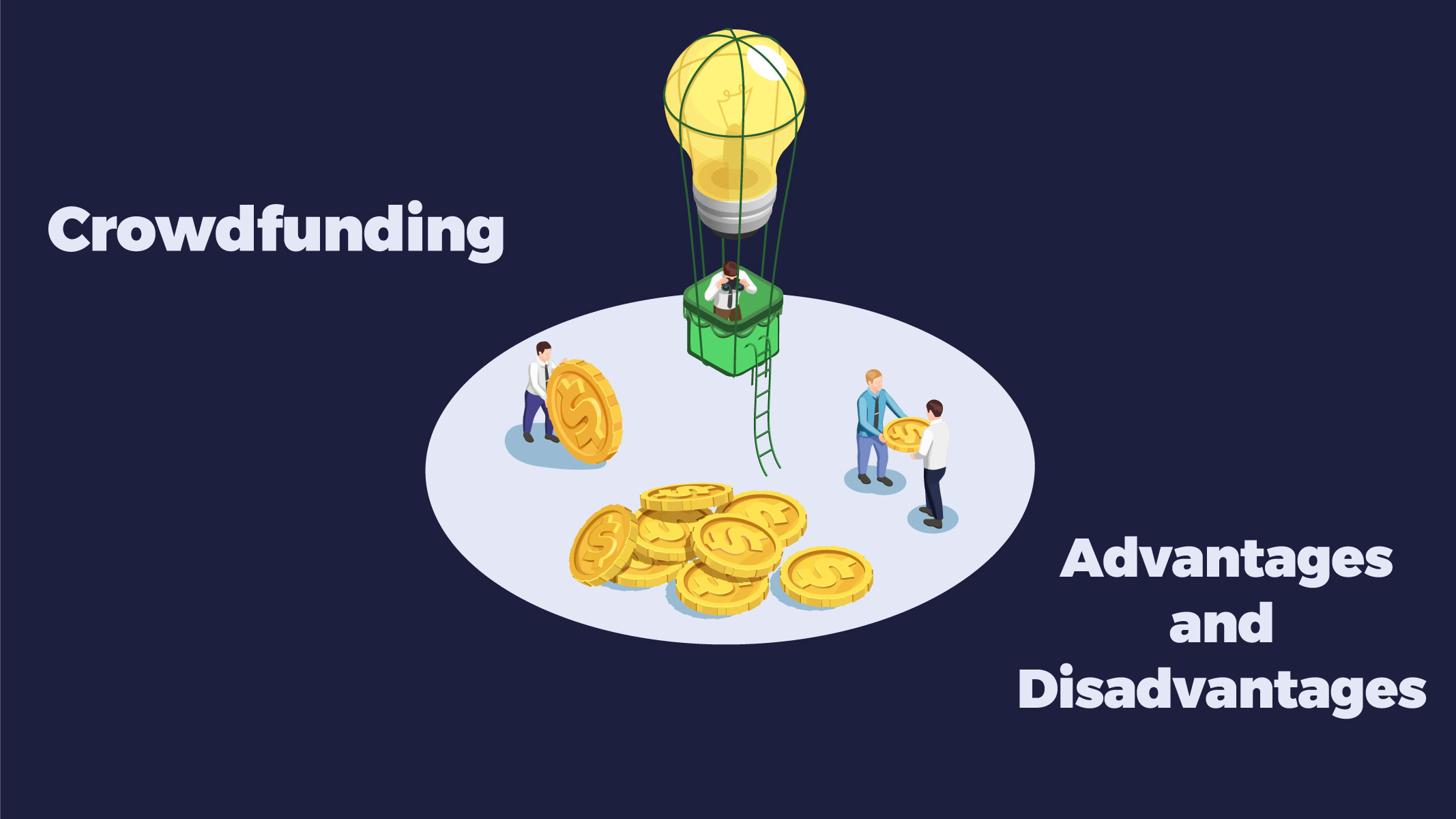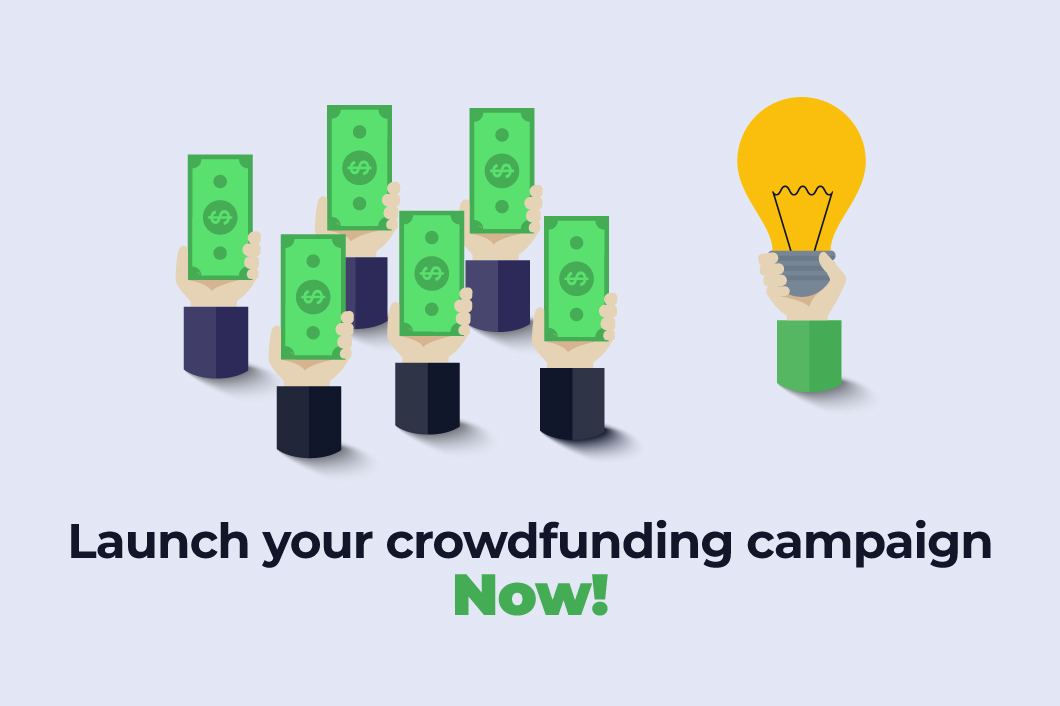Crowdfunding Advantages and Disadvantages: Pros and Cons of Crowdfunding as a Fundraising Method
[read_meter]
In today’s rapidly evolving digital landscape, traditional methods of fundraising have taken a backseat, making way for innovative approaches like crowdfunding. Crowdfunding, as the name suggests, involves raising funds from a large number of people, typically via online platforms. While this method has gained immense popularity, it comes with its own set of advantages and disadvantages. In this article, we’ll explore the crowdfunding advantages and disadvantages as a fundraising method.
Types of Crowdfunding
Reward-based crowdfunding offers backers a non-financial model in exchange for their support. This could range from early access to a product to exclusive merchandise.
Equity-based crowdfunding provides backers with a stake in the company in exchange for their financial support. Crowdfunding startups are especially common among those businesses looking for substantial investment.
Donation-based crowdfunding involves raising funds for charitable causes or personal needs without offering financial returns to backers.
Debt-based crowdfunding, also known as peer-to-peer lending, involves borrowing money from multiple backers and agreeing to pay them back with interest.
Now, let’s review crowdfunding advantages and disadvantages.
Pros of Crowdfunding
- Wider Reach and Exposure
Crowdfunding platforms have a global reach, exposing your project to a vast audience that you might not reach through traditional fundraising.
- Access to Capital for Startups
For startups and small businesses, securing funding from traditional sources can be challenging. Crowdfunding provides an alternative route to raise capital.
- Validation of Ideas
A successful crowdfunding campaign can validate the demand for your product or idea, providing reassurance to both backers and potential investors.
- Diverse Funding Options
Crowdfunding offers various models, allowing you to choose the one that aligns with your funding needs and the expectations of your backers.
- Minimal Financial Risk for Backers
Backers typically contribute smaller amounts, spreading the financial risk across a larger group and making it more manageable for individual backers.
Cons of Crowdfunding
- High Competition
The popularity of crowdfunding means that your project will be competing with numerous others for backers’ attention and support.
- Time-Consuming
Running a crowdfunding campaign requires significant time and effort, from creating a compelling campaign page to engaging with backers.
- All-or-Nothing Model
Some platforms follow an all-or-nothing model, where you must meet your funding goal to receive any funds. This can be challenging and stressful.
- Fees and Costs
Crowdfunding platforms often charge fees, and there might be additional costs associated with producing and delivering rewards.
- Potential for Intellectual Property Theft
Sharing your innovative idea on a public platform exposes you to the risk of intellectual property theft or idea replication.
Factors for Successful Crowdfunding
- Compelling Storytelling: Craft a compelling and relatable story that resonates with potential backers emotionally.
- Well-Defined Goals: Clearly define how much funding you need, how it will be used, and what backers can expect in return.
- Engaging Visuals: Use high-quality images and videos to showcase your project and make it more engaging.
- Strong Online Presence: Build a robust online presence before launching your campaign to attract a larger audience.
Real-Life Examples [Crowdfunding Advantages and Disadvantages]
Kickstarter: Pebble Smartwatch: The Pebble Smartwatch gained massive support on Kickstarter, demonstrating the demand for wearable technology.
Indiegogo: Flow Hive: Flow Hive, a revolutionary beehive design, raised millions on Indiegogo, highlighting the potential of innovation.
GoFundMe: COVID-19 Relief: Numerous COVID-19 relief campaigns on GoFundMe showcased the platform’s power for charitable causes.
Mitigating the Disadvantages
Thorough Research and Planning
Conduct thorough research before choosing a platform and plan meticulously to increase your chances of success.
Building a Community
Start building a community of supporters before launching your campaign to kickstart initial momentum.
Setting Realistic Expectations
Set achievable funding goals and communicate transparently with backers to manage expectations.
Looking to elevate your capital-raising game? Partner with Easy Capraise – your dedicated capital-raising experts. Whether you’re a startup seeking the right investors or an established business aiming to expand, we’ve got you covered. Experience the power of seamless crowdfunding and investor matchmaking from start to finish. Let’s fuel your business growth together! Connect with Easy Capraise today and embrace a future of financial success.
FAQs
What is crowdfunding?
Crowdfunding is a method of raising funds for projects, ideas, or businesses by gathering small contributions from a large number of people, typically through online platforms. It enables individuals and businesses to present their concepts to a wide audience and collect financial support from those who believe in their vision.
Can anyone start a crowdfunding campaign?
Yes, in most cases, anyone can start a crowdfunding campaign. Whether you’re an entrepreneur, artist, inventor, or someone with a charitable cause, crowdfunding platforms offer an accessible way to seek funding for your projects. However, it’s important to understand the platform’s guidelines, requirements, and legal obligations before launching your campaign.
How do I choose the right crowdfunding platform?
Choosing the right crowdfunding platform depends on the nature of your project and your funding goals. Consider factors such as the type of crowdfunding (reward-based, equity-based, donation-based), the platform’s reach and audience, fees and costs, and the platform’s reputation. Research different platforms read reviews, and analyze their success stories to find the one that aligns best with your project’s needs.
Is equity-based crowdfunding risky for backers?
Equity-based crowdfunding involves investing in a company in exchange for ownership or shares. Like any investment, there are risks involved. The success of the company and the potential return on investment depend on various factors, including market conditions, business strategies, and management. Backers should conduct thorough research on the company’s financials, business model, and prospects before investing and be prepared for the possibility of losing their investment.
What happens if a crowdfunding campaign doesn’t reach its goal?
If a crowdfunding campaign doesn’t reach its funding goal, it depends on the platform’s model. Some platforms follow an “all-or-nothing” approach, where if the goal isn’t met, the project doesn’t receive any funds, and backers’ pledges are not processed. Other platforms use a “keep-it-all” model, where the project receives whatever funds have been pledged, regardless of whether the goal is met. It’s important to review the platform’s terms and communicate transparently with backers about the outcome.
Conclusion
Crowdfunding has reshaped the way individuals and businesses raise capital. While it offers unprecedented opportunities for funding and validation, it demands careful planning, engaging storytelling, and a commitment to navigate its challenges. By understanding the crowdfunding advantages and disadvantages, harnessing effective strategies, and mitigating potential pitfalls, crowdfunding can be a powerful tool in the modern fundraising landscape.
Contact us
Good to have you here! If you have any queries, please leave your message. Our team will reach out soon:)
.







